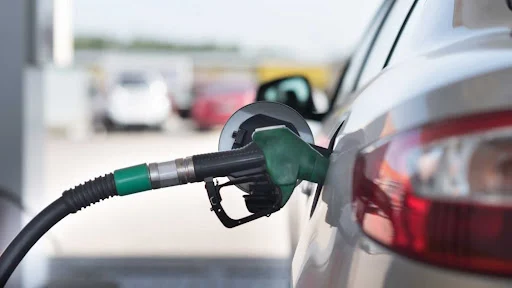As fuel prices fluctuate and environmental concerns rise, improving car mileage has become a priority for many drivers. Whether you're looking to save money at the pump or reduce your carbon footprint, there are several effective strategies you can employ to maximize your vehicle's fuel efficiency. Here’s a comprehensive guide to help you get the most out of every gallon.
1. Maintain Your Vehicle
Regular Maintenance: Ensure your car undergoes regular maintenance checks. This includes timely oil changes, air filter replacements, and spark plug inspections. A well-maintained engine runs more efficiently and uses less fuel.
Tire Care: Keep your tires properly inflated. Under-inflated tires increase rolling resistance, making your car work harder and consume more fuel. Check tire pressure monthly and keep them aligned and balanced.
2. Drive Smartly
Smooth Driving: Avoid aggressive driving. Rapid acceleration, speeding, and hard braking can significantly reduce your car’s mileage. Instead, accelerate gradually and maintain a steady speed.
Use Cruise Control: On highways, use cruise control to maintain a constant speed. This helps in saving fuel by reducing variations in speed and avoiding unnecessary acceleration and deceleration.
Limit Idling:Turn off your engine if you’re going to be stationary for more than a minute. Idling consumes fuel without moving the car and can waste significant amounts over time.
3. Optimize Your Route
Plan Ahead: Use GPS or route planning apps to find the most efficient route. Avoid routes with heavy traffic, construction zones, and frequent stops.
Combine Trips: Combine errands into one trip rather than making multiple short trips. Cold engines use more fuel, so by combining trips, you can reduce the number of times your engine has to warm up.
4. Lighten the Load
Reduce Weight: Extra weight means extra fuel consumption. Remove unnecessary items from your trunk or backseat. For every 100 pounds of extra weight, fuel efficiency can drop by around 1-2%.
Aerodynamics:Remove roof racks and carriers when not in use. They create wind resistance and can decrease fuel efficiency by up to 25% on highways.
5. Use Technology Wisely
Efficient Features:Utilize features like start-stop systems if your car is equipped with them. These systems automatically turn off the engine when the car is idle and restart it when needed, saving fuel during stops.
Monitor Fuel Economy:Use your car’s onboard computer to track fuel economy. This can help you adjust your driving habits to improve efficiency.
6. Fuel Choices and Driving Conditions
Use the Right Fuel:Ensure you’re using the recommended fuel type for your vehicle. Using higher-octane fuel than necessary does not improve mileage and is an unnecessary expense.
Consider Weather Conditions:Cold weather and driving in rain or snow can reduce fuel efficiency. If possible, avoid driving in these conditions or use fuel-efficient driving techniques to mitigate the impact.
7. Carpool and Alternative Transportation
Carpooling:Share rides with colleagues or friends. This reduces the number of cars on the road and splits fuel costs, providing significant savings.
Public Transport:When feasible, use public transportation. It’s often more fuel-efficient and environmentally friendly than driving alone.
Conclusion
Improving your car’s mileage involves a combination of regular maintenance, smart driving habits, and mindful choices about routes and loads. By following these tips, you can enhance your vehicle's fuel efficiency, save money, and contribute to a greener planet. Remember, even small changes can lead to significant improvements over time.









No comments:
Post a Comment
Thank you for your support